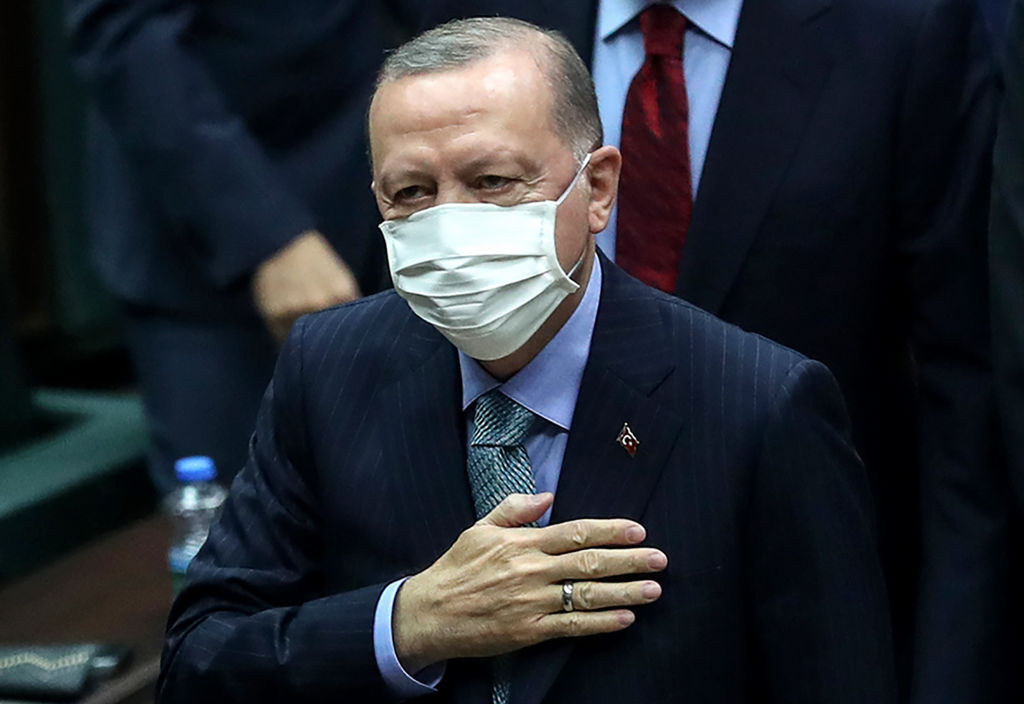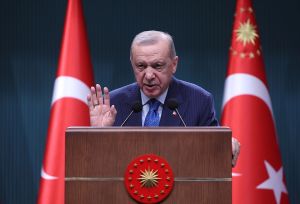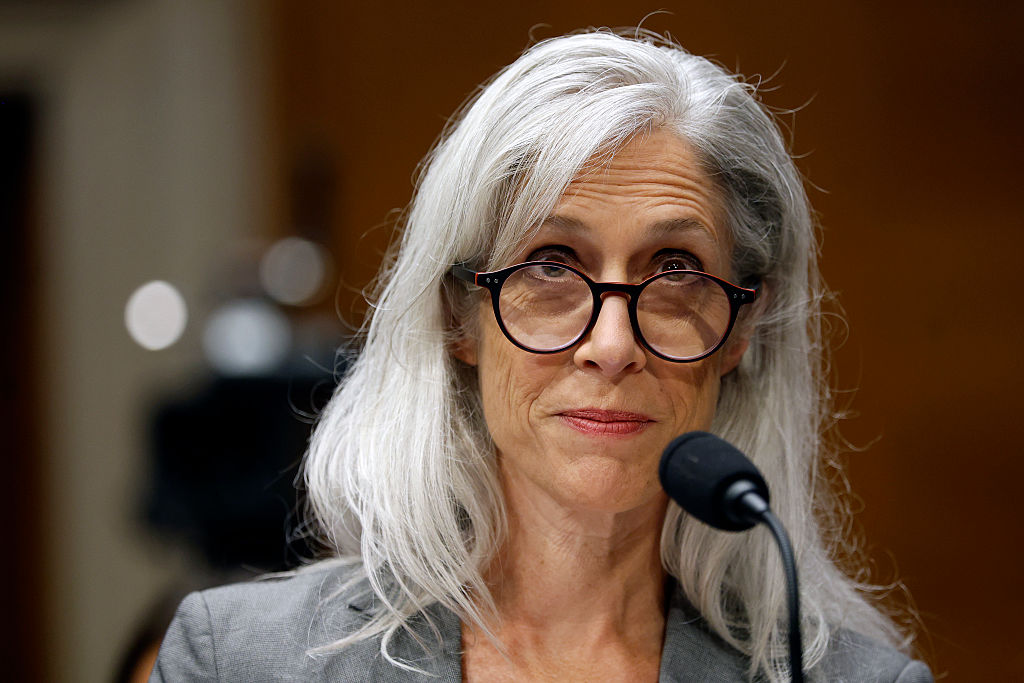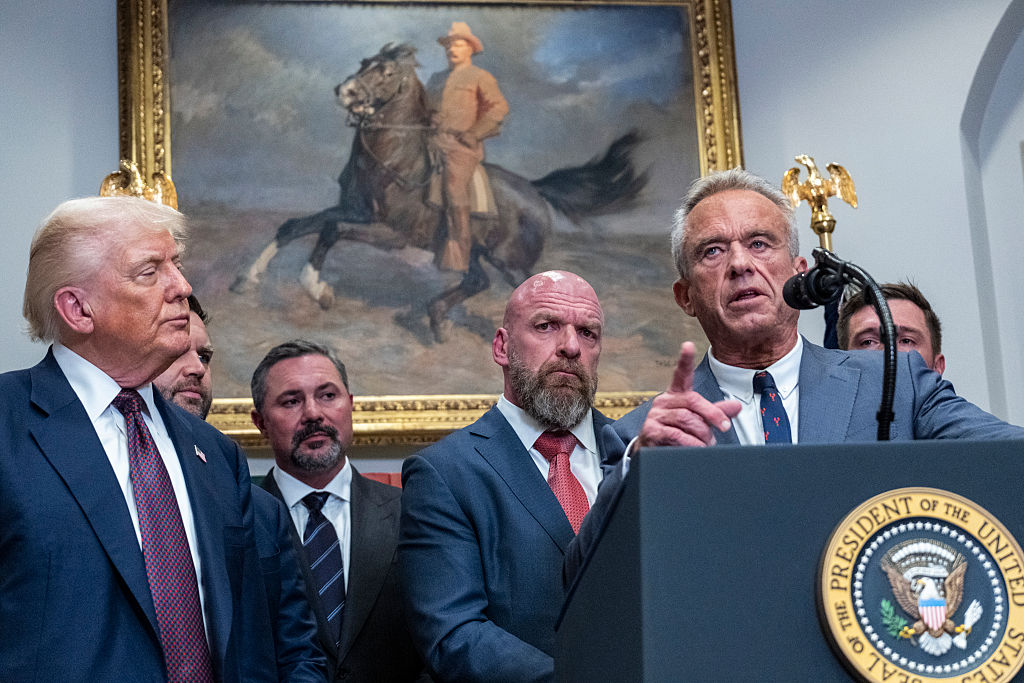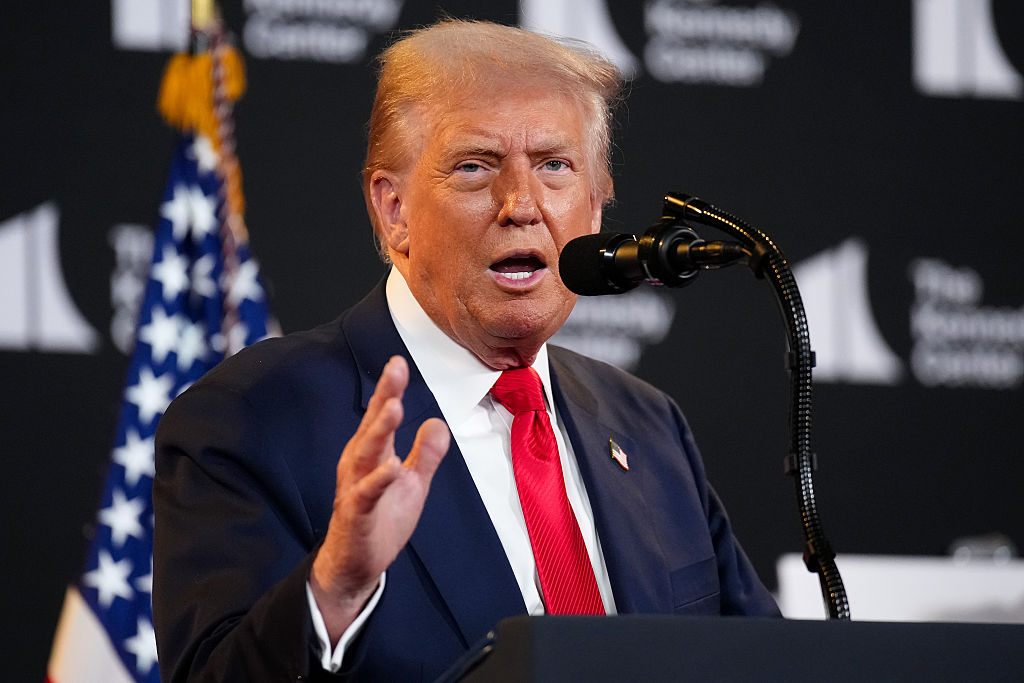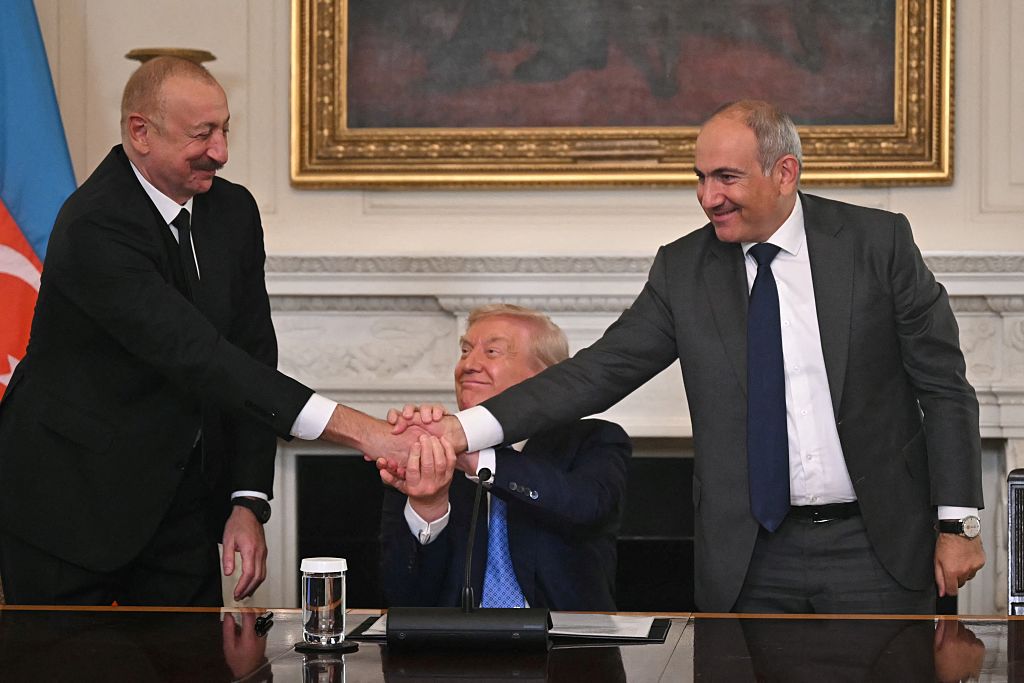Turkish president Recep Tayyip Erdogan has announced that the country will be heading into its first full lockdown. An early success story, this time last year Turkey was being hailed as a model for its swift actions that ensured the country saw a relatively small death-toll, relative to its size (39,000 people in Turkey have died so far in the course of the pandemic). Now infections are surging: Turkey recorded a total of 61,028 daily cases of COVID-19 and 346 deaths last Tuesday, the highest since the pandemic began. And Erdogan is panicking.
There was some hubris in Erdogan’s early declarations of victory against the virus last year. The ‘common view both domestically and internationally is that Turkey will become one of the star countries of the world that will be reshaped in the wake of the pandemic,’ Erdogan said last summer.
Like every leader who made similar declarations (say, his Greek counterpart), it has come back to bite him.
The country has previously imposed restrictions against COVID-19, but these have not been as rigorous as in other countries. Turkey’s fragile financial position — with double-digit inflation and a currency which has plummeted in value — meant that when these measures were introduced, government assistance was limited.
As a result, businesses quickly ran into trouble and some people were effectively left without any source of income. Turkey was forced to open up again: restrictions were eased in early March, allowing restaurants and cafes to reopen in certain regions. New cases shot up, and last Sunday, Şebnem Korur Fincancı, the chair of the Turkish Medical Association, warned of a possible collapse of the country’s usually robust healthcare system.
In response to the worsening situation, Erdogan initially announced a partial lockdown two weeks ago. A curfew between 7 p.m. and 5 a.m. was imposed, and a ban on long distance travel at weekends (except in emergencies) was also brought in. Despite this, the situation only worsened. Now Turkey hopes to bring COVID under control with a three-week total lockdown.
Will it work? Experience from other countries has shown 21 days may not be long enough. Come May 17, it is likely Erdogan will face a difficult dilemma: should he ease restrictions and risk another COVID spike? Or will he keep the lockdown in place and do further damage to the country’s ailing economy?
Whatever he decides, Erdogan bears a huge amount of responsibility for the country’s desperate situation. Critics point to the rallies he held in enclosed spaces with few COVID measures in place earlier this year as evidence he did not take the pandemic seriously. Erdogan himself boasted that one of the events was ‘packed to the brim’.
For Erdogan, the pandemic hasn’t meant a political ceasefire. Turkey’s president has used the emergency to consolidate his power and further suppress his opponents. A ban was imposed on several municipal donation campaigns run by the opposition, stopping activists launching independent crisis relief schemes. Freedom of expression was further curtailed on social media under the guise of ‘spreading misinformation’. Erdogan has also spent the past year building up an image of himself as a benign ruler abroad by distributing aid in the Balkans. This was done in spite of fears about domestic shortages. This could be a decision he comes to regret.
To make matters worse, Erdogan’s government has also not done enough to tighten its borders to tourists. This has left a bitter taste for locals who have had to face restrictions. It may also have contributed to Turkey’s COVID crisis.
Erdogan’s AKP ruling party is now pinning its hopes on its vaccination program (using mainly the Sinovac vaccine) kicking in soon, to allow the country to open up again fully in time for the tourism season. But while 22 million Turks have been vaccinated, there are still 60 million people who haven’t. With the pandemic raging, there are no swift and easy solutions for Erdogan and his government to hide behind.
This article was originally published on The Spectator s UK website.



